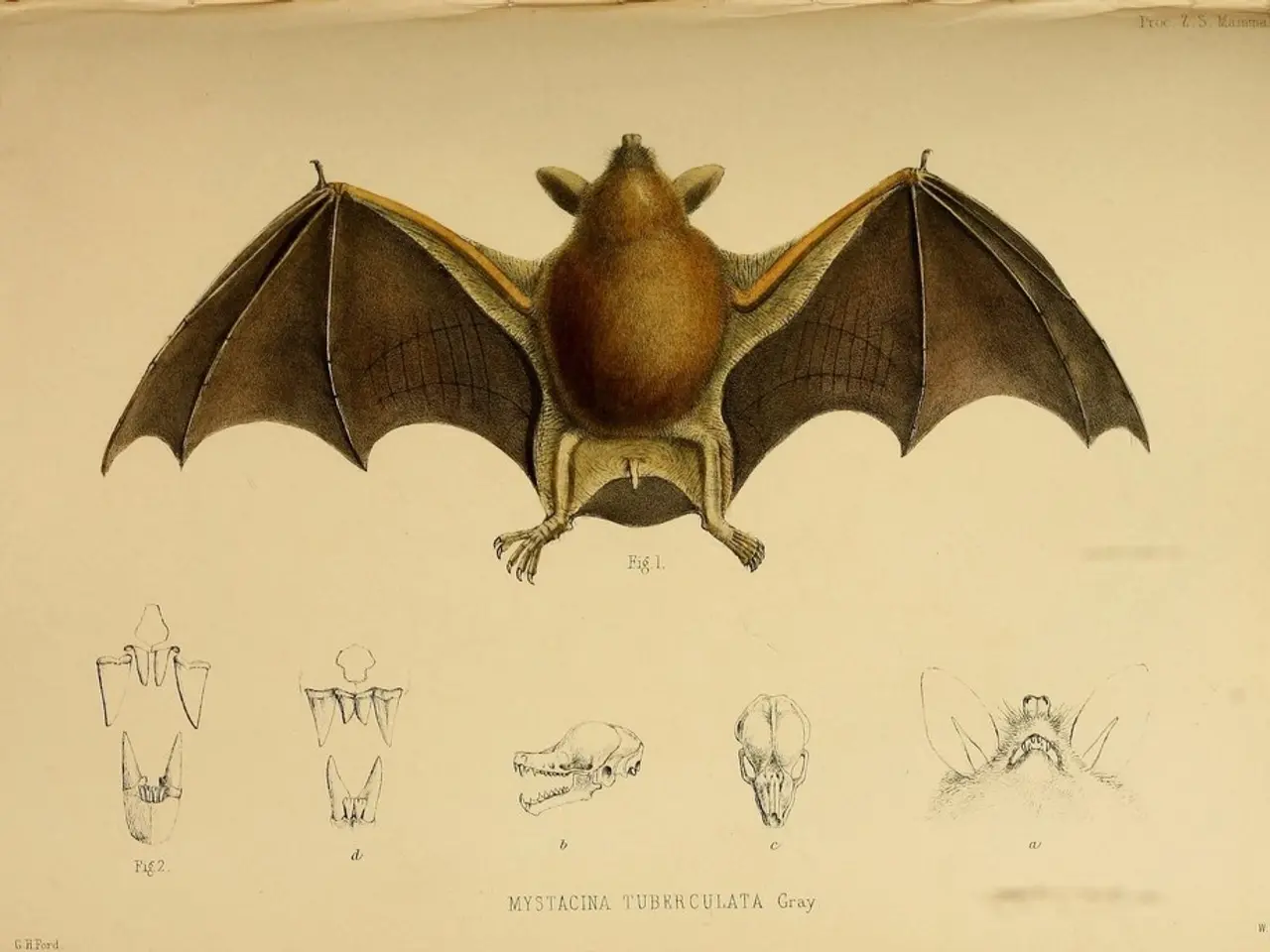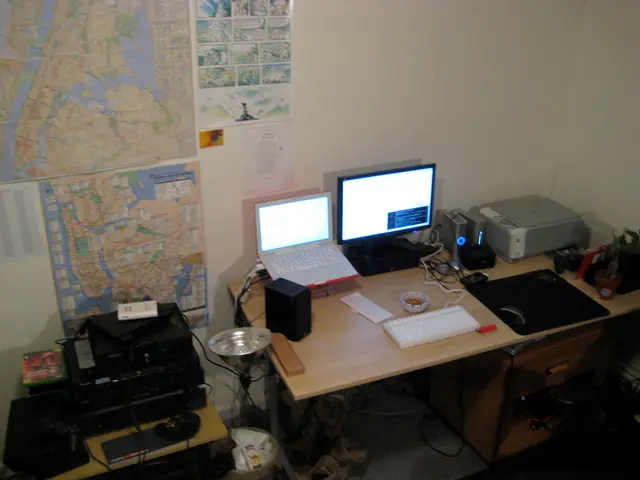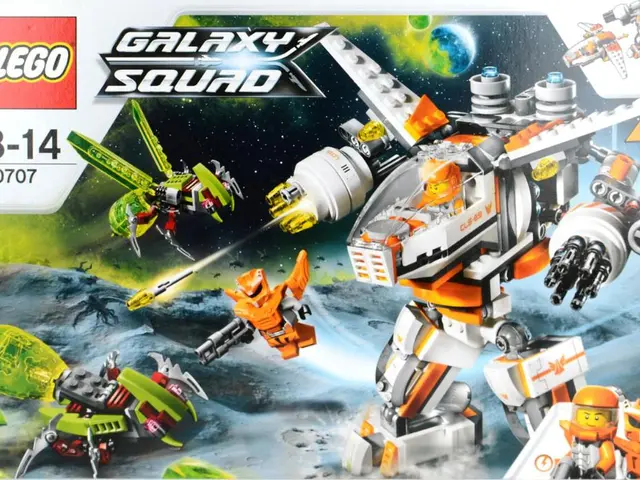Epsilon set to partner in procuring battery materials for electric vehicles, excluding those sourced from China
In a significant move to diversify the global battery materials market for electric vehicles (EVs), Epsilon Advanced Materials, a battery materials manufacturer, is planning to establish a new facility in Karnataka, India. This development aligns with India's accelerated efforts to establish a robust, localized battery supply chain.
Epsilon's Managing Director, Vikram Handa, announced that the company is ready to partner with cell manufacturers and automotive original equipment manufacturers (OEMs) seeking to source EV battery materials outside China. The partnerships will focus on high-quality graphite anode and lithium iron phosphate (LFP) cathode materials, aiming to address supply chain vulnerabilities caused by China's dominance in graphite anode and cathode processing.
Currently, China dominates over 90% of the global processing capacity for graphite anode and cathode materials used in EVs. Recent restrictions imposed by China on the export of crucial battery-grade materials and technologies for both graphite anode and cathode (specifically lithium iron phosphate-based) have heightened global anxieties regarding supply chain dependencies within the EV industry, including in India.
Epsilon's new facility in Karnataka, if successful, could potentially contribute to a more diversified source of battery materials for the EV industry, reducing reliance on a single dominant market. Moreover, it could potentially provide an alternative to Chinese LFP cathode materials for Indian companies.
The company has committed to a ₹15,350 crore (approximately $1.4 billion) investment in Karnataka for manufacturing facilities dedicated to graphite anode and LFP cathode materials, alongside a research and development hub. This project is expected to generate over 2,000 direct jobs and significantly contribute to India’s goal for self-sufficiency in advanced battery materials, with potential for 100% domestic value addition in anode materials and 60% in cathode materials.
Epsilon Advanced Materials has its own proprietary technology for manufacturing LFP cathode materials, supported by a research and development facility in Germany. The company is building a 30,000-tonne manufacturing facility in Karnataka, with plans to supply both domestic and international markets, including Korea, Japan, and the US.
This initiative addresses geopolitical concerns and aims to create a more resilient and sustainable global battery supply chain. By fostering domestic production in India with export capabilities, Epsilon supports the emerging India battery ecosystem, likely encouraging other regions to adopt similar 'China +1' strategies.
The new facility in Karnataka, if successful, could potentially shorten the time frame for Indian companies to develop their own LFP cathode materials technology. Many companies in India that relied on Chinese LFP cathode materials are now facing challenges due to the need to invest in their own R&D, a process that typically requires 5-6 years to mature.
In response to China's increasing export controls on critical battery technologies, Epsilon Advanced Materials is investing ₹15,350 crore in Karnataka to develop a state-of-the-art manufacturing and research facility. The company is ready to forge long-term strategic partnerships for the procurement of high-quality graphite anode and cathode materials from sources outside of China.
Overall, Epsilon Advanced Materials’ collaboration plans and investments help to build a more secure, localized, and geopolitically balanced supply chain for EV battery materials, which is significant for the global EV industry's stability and growth prospects.
[1] Epsilon Advanced Materials press release, [Link to the press release] [2] The Economic Times, "Epsilon Advanced Materials to invest Rs 15,350 cr in Karnataka to develop battery materials", [Link to the article] [3] Business Standard, "Epsilon Advanced Materials to invest Rs 15,350 crore in Karnataka for battery materials", [Link to the article] [4] Financial Express, "Epsilon Advanced Materials to invest Rs 15,350 crore in Karnataka for battery materials", [Link to the article]
- The new facility by Epsilon Advanced Materials in Karnataka, a ₹15,350 crore investment, could potentially diversify the global supply chain for EV battery materials, reducing the industry's reliance on China's dominance in graphite anode and cathode processing, as the company is ready to forge strategic partnerships for high-quality materials from sources outside China.
- As Epsilon Advanced Materials invests in India to develop a state-of-the-art manufacturing and research facility, they aim to create a more resilient technology sector in their focus areas, such as general-news, lifestyle, sports, and electric vehicle technology, by fostering domestic production and export capabilities in India, encouraging a 'China +1' strategy for a more balanced global supply chain.




